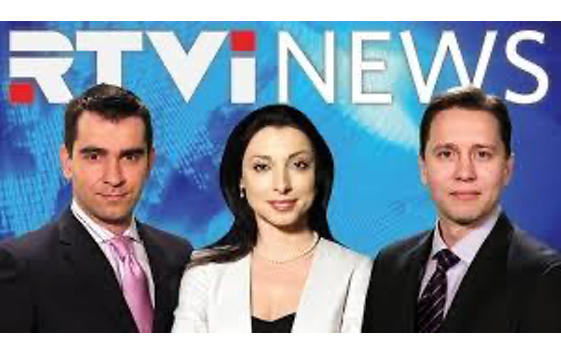Every person should have an estate plan regardless of age, health, or wealth. We offer 'Special Purpose Estate Planning' because we believe every client's situation is unique. For example, we customize estate plans for a wide variety of concerns, including:
- Special Needs Children
- College Students
- Pets
- Precious Metals, Jewelry and Coins
- Farms
- Vacation Properties
- Digital Assets
- Art
- Guns and much more
We identify these issues through a meaningful conversation with each client. It's common for clients to have an 'a ha' moment when we help them discover an overlooked issue or recommend a way to protect their family.
As an example of our Special Purpose Estate Planning, read our recent blog, Estate Planning for Your 18+ y.o. Child.
Beware of generic estate plans or do-it-yourself forms. There are three estate-planning documents everyone should have:
- A will. It's important for you to decide who inherits your assets, but it's just as important to decide who manages your affairs. These two goals are accomplished in a will. If you don't make these decisions in a will, a court of law will make all those decisions without concern for your wishes.
- A durable power of attorney. Pick someone you trust to make financial and legal decisions for you if you're ever incapacitated. We ask clients to consider a back up person as well.
- Advance Medical Directive. If you're incapacitated, you need to name someone else to make decisions about your health care or end-of-life decisions within parameters you set in advance. We help clients determine who could make clear-headed, informed decisions on their behalf.
What happens if you don't have an estate plan? If you were ever incapacitated, your loved ones may lack the authority to make decisions for you and act on your behalf. At the end of your life, a court would distribute your assets based on the default rules of the law regardless of your wishes. Failure to create an estate plan could also increase the likelihood of a disputes over your estate. The three documents above address these concerns.
Additionally, we help clients create trusts. Unlike a will, a trust avoids probate and protects your privacy. A trust can also protect you during your lifetime if you were to become incapacitated.
Contact us to discuss your estate planning goals. We provide prospective clients a helpful worksheet to help you determine how you and your loved ones would benefit from our Special Purpose Estate Planning.












